Por Arlen Solodkin

Martin Seligman, padre de la psicología positiva y considerado el psicólogo más influyente de nuestros tiempos puso en duda el nombre que recibió nuestra especie: “Homo Sapiens”.
En su opinión lo que define mejor a los seres humanos es su capacidad de prospectar el futuro; por eso, para el investigador somos “Homo Prospectus”. ¿Por qué? De acuerdo con Martin el término “sabio” describe el resultado de la naturaleza, pero no su origen. Es decir, nosotros no nacemos siendo sabios y tampoco nos convertimos en sabios como una semilla se transforma en planta. Para lograr ser sabios tenemos que aprender y el aprendizaje depende de nuestra capacidad de extraer información de las experiencias que vivimos y aplicarlas en el futuro.
De esta forma, para Martin somos Homo Prospectus que podemos o no convertirnos en Sapiens. La prospección es el proceso mental de proyectar y evaluar posibilidades futuras y usar dichas proyecciones como guía para el pensamiento y la acción.
Cualquier animal o persona estaría mejor capacitado con una dosis mayor de anticipación y predicción del futuro, de lo que va a acontecer. Por eso, el aprendizaje es necesario para construir experiencias y anticipar bien, pero la anticipación está en el centro del aprendizaje ya que es a través de la formación de expectativas que los animales son capaces de detectar errores y metabolizar experiencias utilizando información de forma selectiva.
Así, el éxito de una persona ante un evento o circunstancia externa radica en la anticipación y la evaluación de las diversas posibilidades que tiene para actuar y alcanzar su meta en el futuro. De hecho, todos hacemos este análisis constantemente.
El área de nuestro cerebro que se encarga de ver las distintas posibilidades y se ocupa del pensamiento a futuro se conoce como “circuito predeterminado” (default circuit) y es una red de estructuras cerebrales relacionadas entre sí. Esta parte cerebral es muy activa como han mostrado estudios en los que se pide a las personas que resuelvan problemas de matemáticas, por ejemplo. Pero lo más curioso, es que también se activa, aunque la persona no haya recibido instrucciones y esté en reposo.
Las personas estamos cableadas para evaluar y anticipar situaciones a futuro con el fin de responder a posibles adversidades, así como de adaptarnos y prepararnos mejor para el futuro. Ahora bien, cómo te relacionas y cómo anticipas tu futuro es de suma importancia para vivir una vida plena y optimista, una vida de esperanza y paz.
Martin Seligman, quien guiará las conversaciones del encuentro internacional Hope Circuit, que tendrá lugar los días 23 y 24 de noviembre en Ciudad de México, menciona que la corteza es un área del cerebro que nos permite a los seres humanos prospectar el futuro, y si esa prospección es positiva, nos permite tener esperanza al ofrecernos un repertorio de las opciones buenas que pueden suceder. De acuerdo con el investigador, el aprendizaje está en la corteza prefrontal y cuando ésta se siente en control apaga la parte que genera desamparo.
Esta teoría desarrollada por él en los últimos 50 años cuestiona terapias que se han usado para tratar casos de depresión o ansiedad en las que se buscaba únicamente cambiar el pasado o el presente; pero de acuerdo con Martin, una buena terapia busca metabolizar el pasado y el presente enfocándose en generar una sensación de control y esperanza en el futuro a través de la prospección y el análisis de las posibilidades que tiene el individuo para actuar y lograr su meta.
La forma en la que se debe trabajar la psicología es crear muchos futuros y luego deducir el pasado y el presente. Si te enfocas en los traumas piensas en el pasado, si te enfocas en lo que quieres construir, te enfocas en lo que elijes. Lo que define la psicología positiva es la elección.
Autores como Phillip Zimbardo y Ilona Boniwell, creen que es sano tener una orientación balanceada del tiempo. Ver el pasado ofrece tradiciones e identidad, enfocarte en el presente ofrece disfrutar el momento, situarse en un estado de conciencia plena y planear el futuro nos ayuda a construir la vida que deseamos.
La psicoterapia se ha centrado mucho en el pasado, el coaching en el presente. La teoría de la esperanza desarrollada por Rick Snyder sugiere que el optimismo es una forma de mirar al futuro con esperanza y que las personas con altos niveles de esperanza califican alto en dos tipos de pensamiento: Agency Thinking, que se refiere a que la persona es capaz de actuar y está en control de sus acciones y en Pathways Thinking, donde la persona tiene la capacidad de pensar en diferentes alternativas de acción para encontrar nuevos caminos ante posibles obstáculos.
Pensar en el futuro es algo que hacemos constantemente, pero muchas veces lo hacemos sin darnos cuenta. Muchos de nosotros limitamos nuestra propia capacidad de crear e innovar, por nuestra incapacidad de imaginar un futuro distinto.
Para propiciar el cambio, ya sea a nivel personal, comunitario o laboral, es esencial cultivar nuestra imaginación y profundizar en el entendimiento de lo que necesitamos hacer para construir un futuro mejor. Esto implica, además, rodearnos de personas visionarias, capaces de imaginar y guiar el camino hacia ese futuro posible. Solo a través de la imaginación y la acción compartida podremos transformar nuestras esperanzas en realidades tangibles.
*fundadora y directora del Instituto de Bienestar Integral y el encuentro Hope Circuit
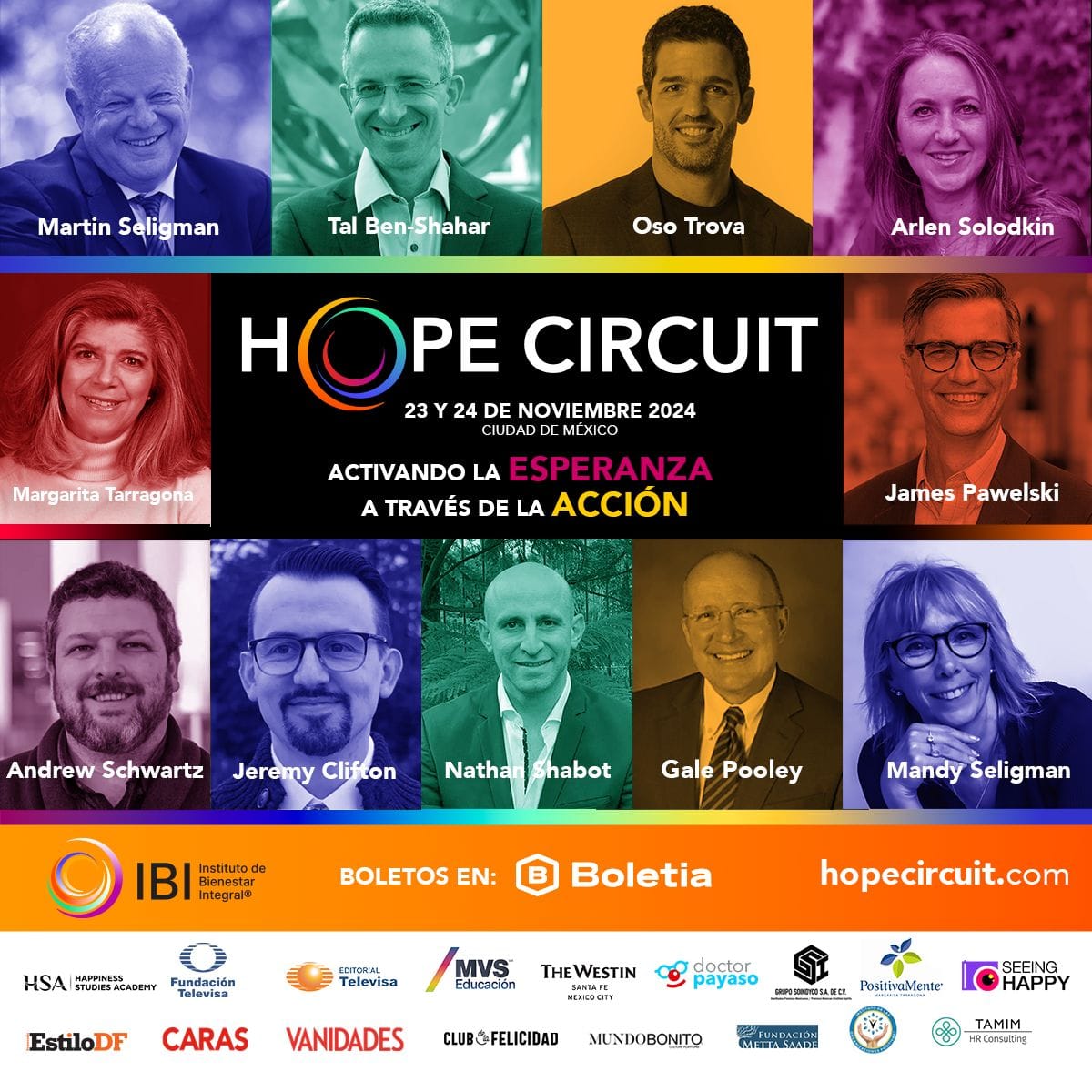
**SOBRE HOPE CIRCUIT
Hope Circuit es el encuentro internacional que reúne a los lideres más reconocidos en los campos del bienestar integral, la felicidad y el progreso humano; que se llevará a cabo el 23 y 24 de noviembre en el Hotel Westin de Santa Fe, como la primera de otras acciones que buscan crear un futuro más positivo para México. En las próximas publicaciones compartiremos herramientas prácticas y los hallazgos de líderes mundiales que estarán en Hope Circuit, como el Dr. Martin Seligman, considerado uno de los psicólogos más influyentes de nuestros tiempos; el Dr. Tal Ben-Shahar, profesor del curso más popular en la Universidad de Harvar o Andrew Schwartz, director del World Wellbeing Project, con el fin de desafiar el estatus quo y enriquecer a nuestra comunidad para que juntos podamos encontrar soluciones que nos ayuden a construir un futuro de mayor optimismo, empatía y esperanza.
www.hopecircuit.com
LinkedIn: @institutodebienestarintegral
Facebook: https://www.facebook.com/institutodebienestarintegral
YouTube: @institutodebienestarintegral
Instagram: https://www.instagram.com/institutodebienestarintegral_
Las opiniones expresadas son responsabilidad de sus autoras y son absolutamente independientes a la postura y línea editorial de Opinión 51.


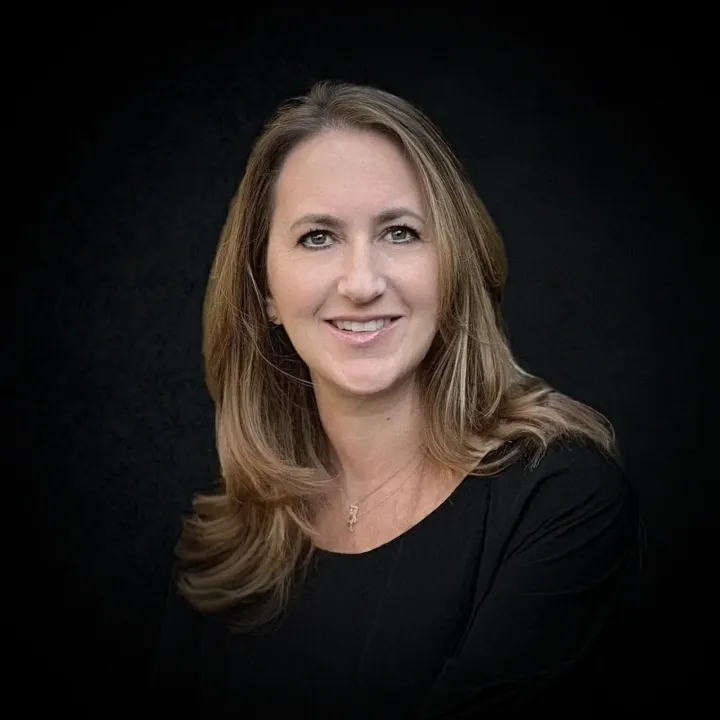
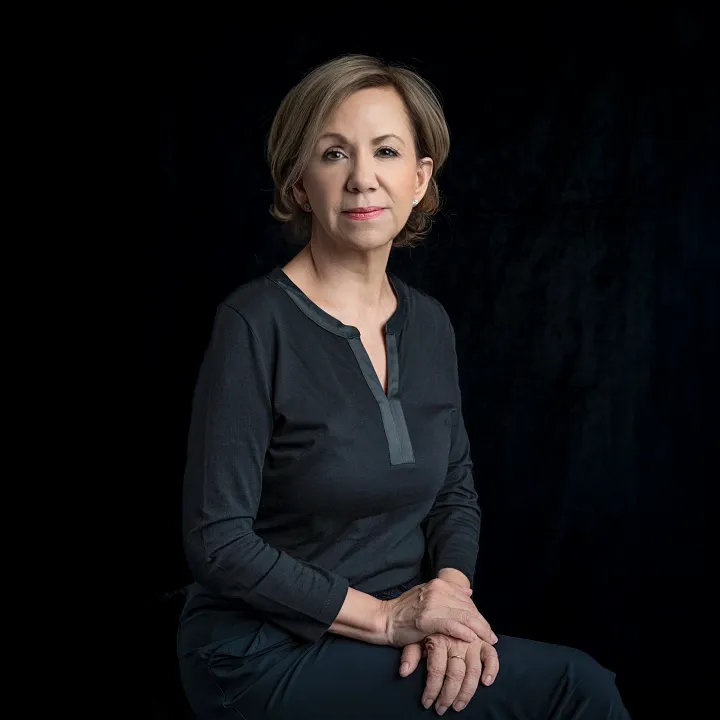
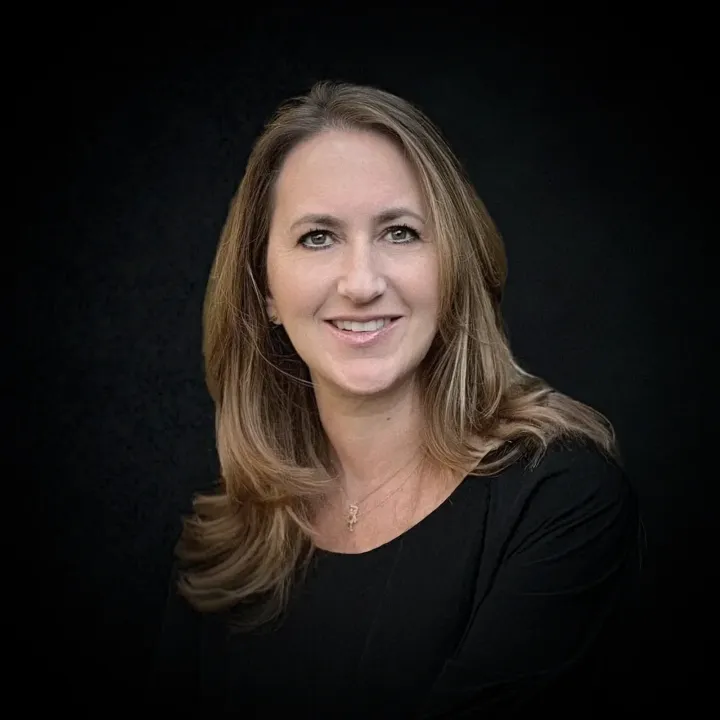
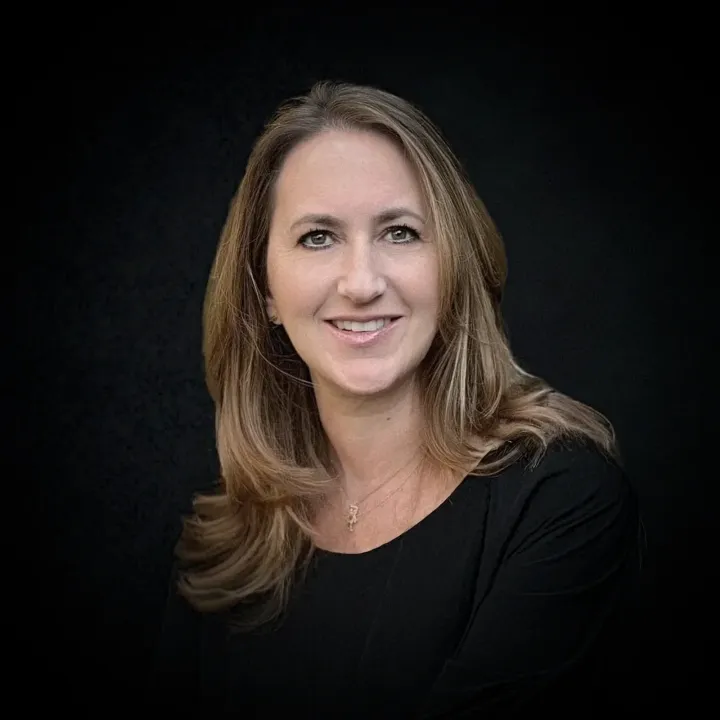
Comments ()